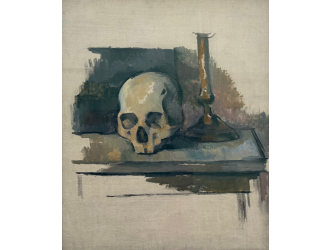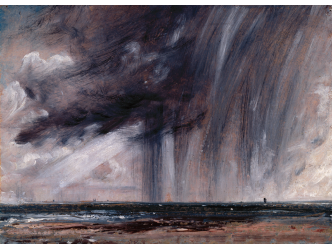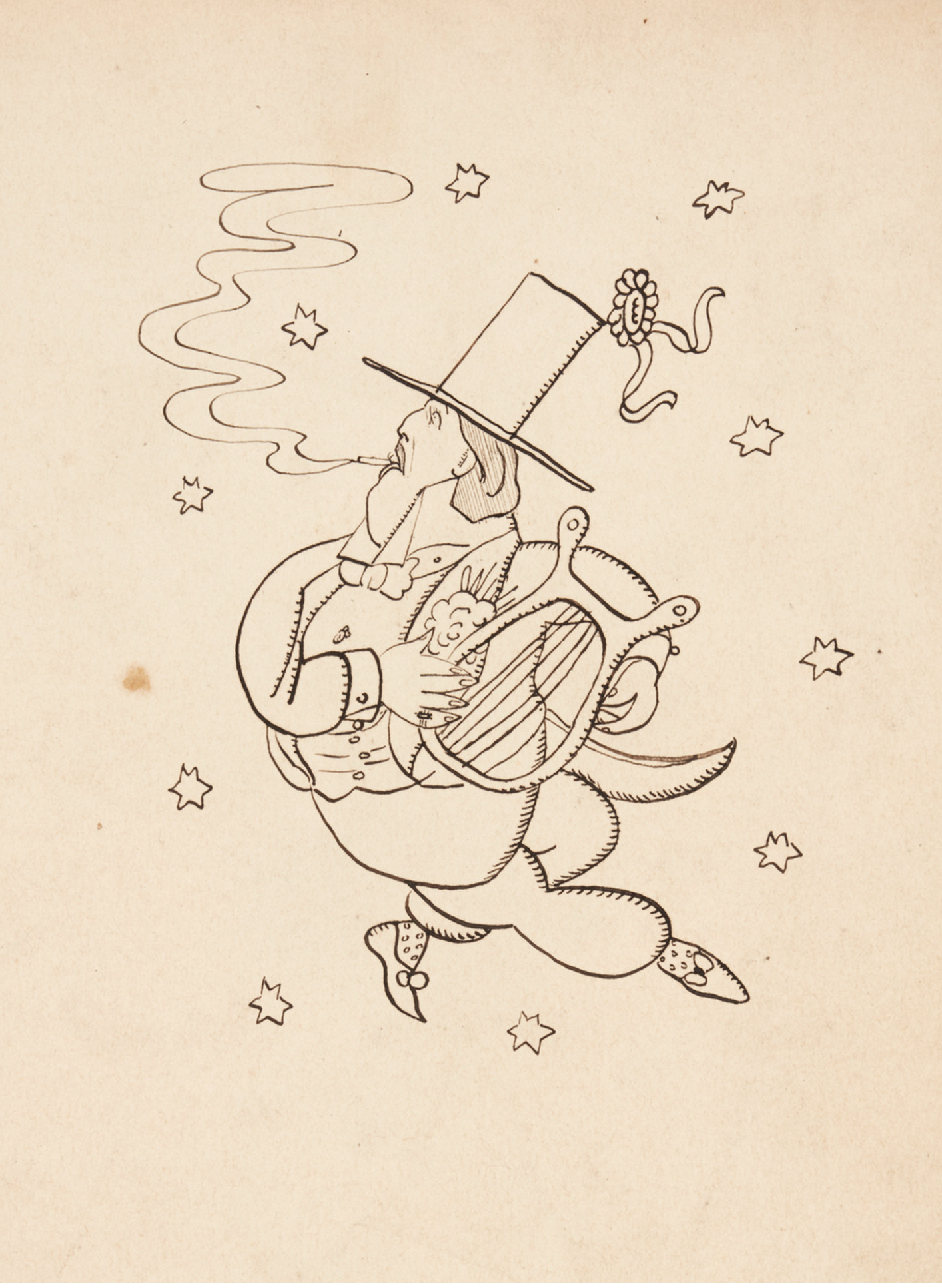Musical memory
Did you know that a 500-millisecond music fragment is enough to trigger a personŌĆÖs memory? In the brain, music is etched more deeply than an oft repeated fact. ThatŌĆÖs why, when we accidentally hear music from even our most distant past, feelings of familiarity arise, and memories resurface. Musical memory is powerful and precise. It manages to capture details as specific as tempo and exact pitch (1).
Sensations from sounds
Tarek Atoui (born in 1980) is a French-Lebanese artist who creates sound. No, not exactly a musician. Rather an artist who finds objects (ready-mades?) that symbolize stories and produce sound. A kind of double memory.
Ubiquity of the artist
Atoui seems to have the gift of ubiquity. Through May 18, he was the subject of an exhibition in Madrid initiated by TBA 21, the art foundation established by Francesca Thyssen at the Thyssen-Bornemisza Museum. Through July 20, his work is also on display in Milan at the Pirelli Hangar Bicocca under the title ŌĆ£Improvisation in Ten Days.ŌĆØ During my recent travelsŌĆöto the Serralves Foundation in Porto, to Marrakech during the 1-54 fair, to Art Basel Hong KongŌĆöI kept hearing that the artist was performing there too. Indeed, I often run into him at airports. So, I decided to visit him in his Paris studio to better understand his work.
Fervor
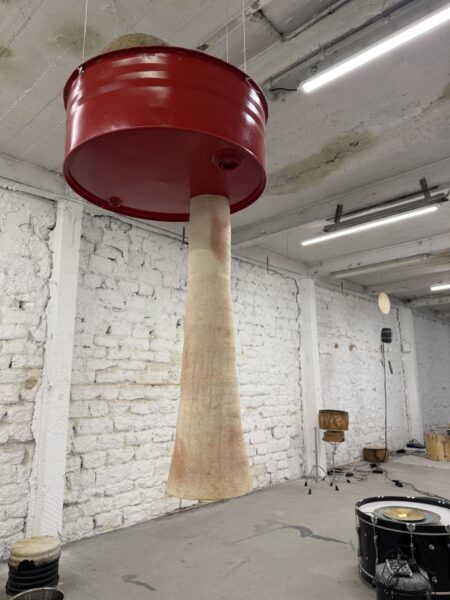
In the studio
He is, by nature, an artist of the in-between, a contemporary artist at the crossroads of music and visual arts, also at the junction of the conceptual and of popular tradition.
He speaks softly but with great fervor about his discovery of indigenous music and about his homage to traditional rural music from the Arab world, which he organized in Madrid.
Pirated Music
ŌĆ£I was struck by how well it had been preserved compared to classical music. When I travel, I go to music merchants and find these pirated recordings or CDs with no covers that bus and taxi drivers listen to. Music without a market… IŌĆÖve traveled a lot in Morocco and then the Emirates. But my role is not that of an ethnomusicologist. I donŌĆÖt capture this music. I exchange recordings with them.
In Ouarzazate
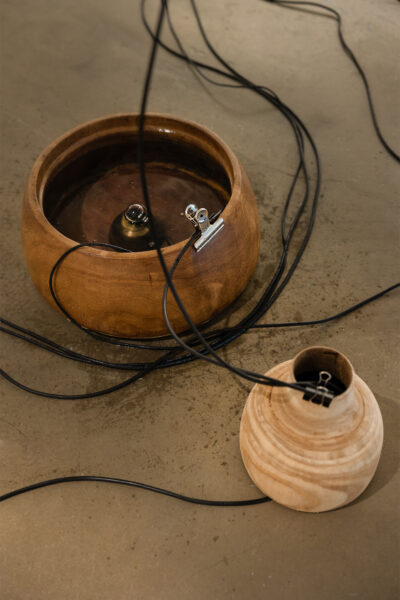
ŌĆ£For example, I went to Ouarzazate [a city in the Moroccan Atlas Mountains] and knocked on the doors of musicians. They often have other jobs, like instrument makers, jewelers, potters. I discover their official work, and later in the conversation, I can say: ŌĆśLetŌĆÖs make pottery together.ŌĆÖ When I got back, I worked on those sounds with other musiciansŌĆöabout twenty of them from all over the world.
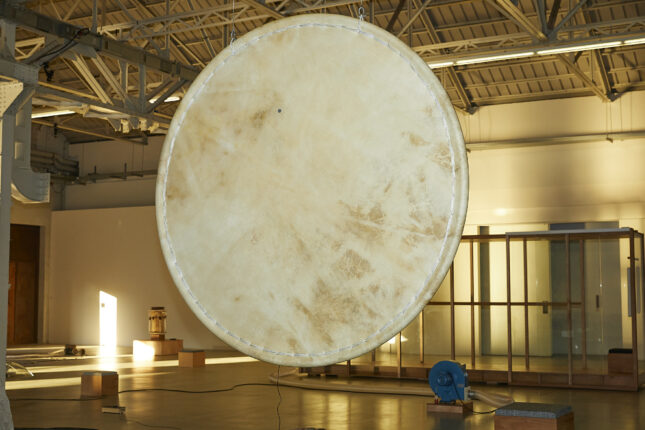
┬ĀRemixed
I remixed. As for the objects in the installations, like the ones in Madrid, they have a specific power. TheyŌĆÖre made without electricity. You have to walk for kilometers to find water. So yes, in a way, I believe in the power of objects. This fishing net refers to a reality from 500 million years ago when the Atlas Mountains were an ocean. There are also these suspended elements that I use as sound processors. Would you like to listen to a track?ŌĆØ
Through July 20: Pirelli Hangar Bicocca, Milan, Italy
https://pirellihangarbicocca.org/en/exhibition/tarek-atoui/
May 21-23: Kunstenfestivaldesarts, Bozar Hall Horta, Brussels, Belgium
(1) As confirmed by Barbara Tillmann, cognitive neuroscience researcher and research director at CNRS in the Laboratory for the Study and Learning of Development in Dijon. Source: France Culture.
Support independent art journalist
If you value Judith Benhamou Reports, consider supporting our work. Your contribution keeps JB Reports independent and ad-free.
Choose a monthly or one-time donation ŌĆö even a small amount makes a difference.
You can cancel a recurring donation at any time.


